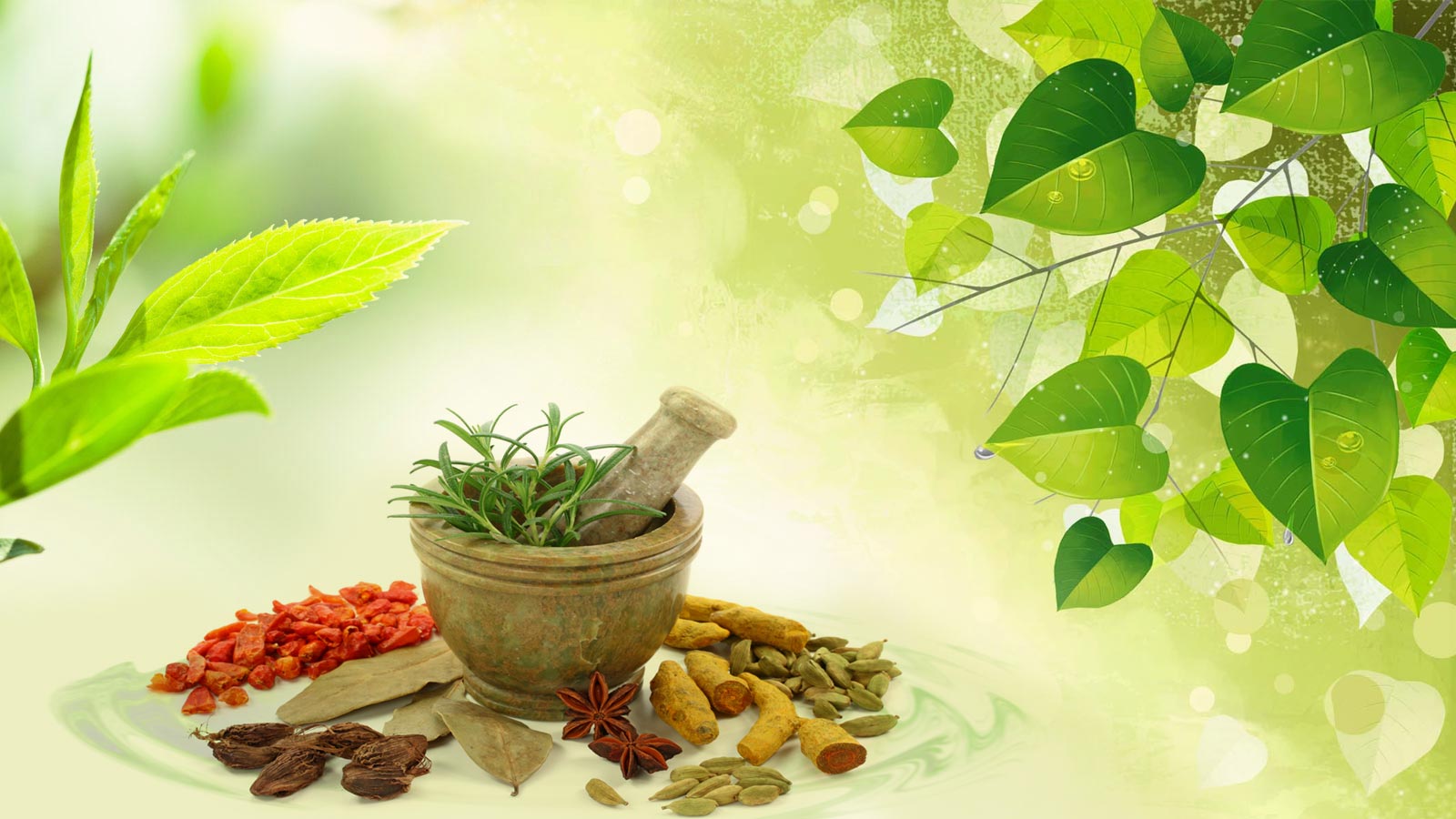Your Cart is Empty
Due to Covid-19 all products are currently unavailable

Authors
Morgan A. Pratte, BS,1,2 Kaushal B. Nanavati, MD,1 Virginia Young, MLS,3 and Christopher P. Morley, PhD1,4,5
Link
http://www.ijpm.info/article.asp?issn=0253-7176;year=2012;volume=34;issue=3;spage=255;epage=262;aulast=Chandrasekhar
Study Conclusions
Results: Sixty-two abstracts were screened; five human trials met inclusion criteria. Three studies compared several dosage levels of WS extract with placebos using versions of the Hamilton Anxiety Scale, with two demonstrating significant benefit of WS versus placebo, and the third demonstrating beneficial effects that approached but did not achieve significance ( p = 0.05). A fourth study compared naturopathic care with WS versus psychotherapy by using Beck Anxiety Inventory (BAI) scores as an outcome; BAI scores decreased by 56.5% in the WS group and decreased 30.5% for psychotherapy ( p < 0.0001). A fifth study measured changes in Perceived Stress Scale (PSS) scores in WS group versus placebo; there was a 44.0% reduction in PSS scores in the WS group and a 5.5% reduction in the placebo group ( p < 0.0001). All studies exhibited unclear or high risk of bias, and heterogenous design and reporting prevented the possibility of meta-analysis.
Conclusions: All five studies concluded that WS intervention resulted in greater score improvements (significantly in most cases) than placebo in outcomes on anxiety or stress scales. Current evidence should be received with caution because of an assortment of study methods and cases of potential bias.

Withania somnifera (ashwagandha) is a prominent herb in Ayurveda. This study was conducted to examine the possible effects of ashwagandha root extract consumption on muscle mass and strength in healthy young men engaged in resistance training.
In this 8-week, randomized, prospective, double-blind, placebo-controlled clinical study, 57 young male subjects (18-50 years old) with little experience in resistance training were randomized into treatment (29 subjects) and placebo (28 subjects) groups. Subjects in the treatment group consumed 300 mg of ashwagandha root extract twice daily, while the control group consumed starch placebos. Following baseline measurements, both groups of subjects underwent resistance training for 8 weeks and measurements were repeated at the end of week 8. The primary efficacy measure was muscle strength. The secondary efficacy measures were muscle size, body composition, serum testosterone levels and muscle recovery. Muscle strength was evaluated using the 1-RM load for the bench press and leg extension exercises. Muscle recovery was evaluated by using serum creatine kinase level as a marker of muscle injury from the effects of exercise.
Nora
April 28, 2019
3JutXCFVKpwHY3z 3JutXCFVKpwHY3z
Cheap hosting for just 10 bucks a year or VPS for just six bucks a month.
url16.com/dnsklgyws
222okkoScWcGCH6 222okkoScWcGCH6